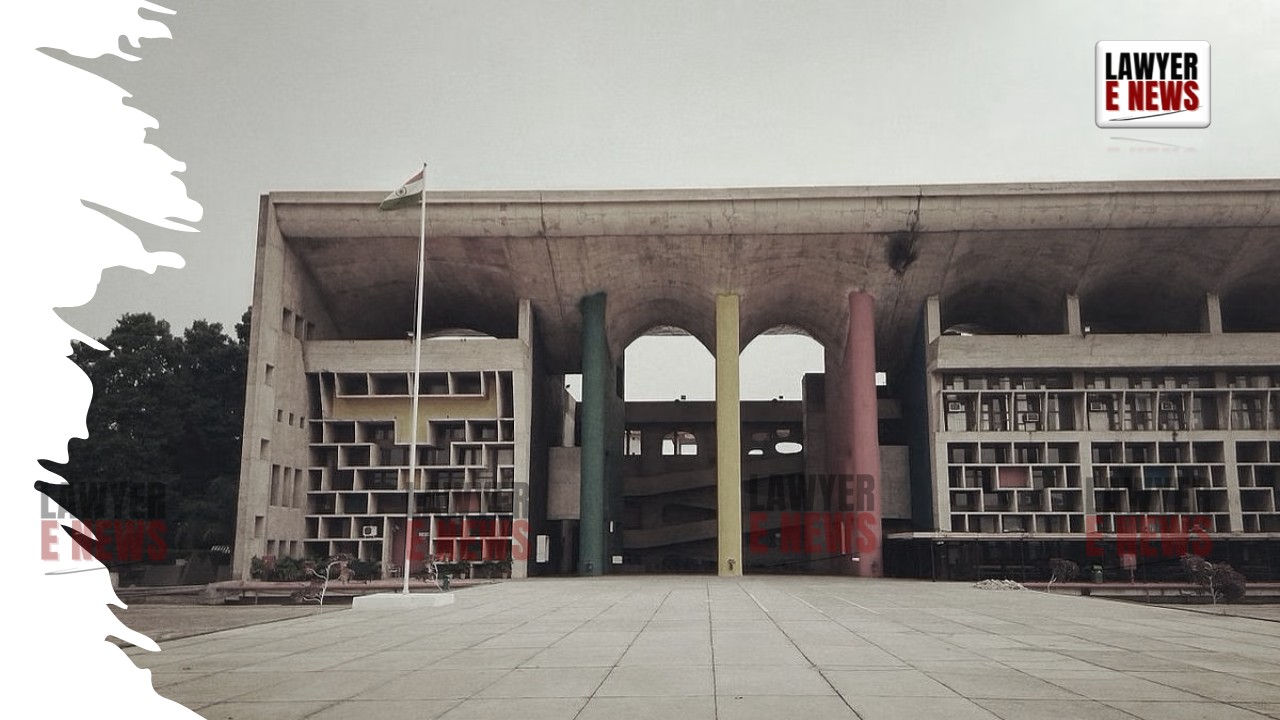-
by Admin
16 February 2026 10:43 AM



The High Court of Punjab & Haryana recently dismissed a criminal revision petition filed by RTI activist Harinder Dhingra against Haryana Cabinet Minister Narbir Singh, rejecting claims of false declaration of educational qualifications in election affidavits. The judgment, delivered by Justice Mahabir Singh Sindhu, emphasized the absence of sufficient evidence to warrant summoning the respondent under various sections of the Indian Penal Code (IPC) and the Representation of the People Act, 1951.
The petitioner, Harinder Dhingra, filed a complaint alleging that Narbir Singh had provided false information regarding his educational qualifications in affidavits submitted during the 2005, 2009, and 2014 elections. According to Dhingra, Singh claimed to have graduated from "Hindi Vishvavidyalaya Hindi Sahitya Sammelan Prayag" in 1986 and from "Hindi Vishvavidyalay Allahabad" in 1987, institutions not recognized by the University Grants Commission (UGC). The complaint was dismissed at the preliminary stage by the Judicial Magistrate, prompting Dhingra to file a revision petition.
Justice Sindhu highlighted that the court's primary role at the summoning stage is to ascertain whether a prima facie case exists. The court noted that the degrees in question, awarded by Hindi Sahitya Sammelan, Prayag, were recognized as equivalent to a Bachelor of Arts (B.A.) by the central government at the time. Therefore, the respondent's claim of being a graduate was not found to be false.
The court reviewed the evidence, including affidavits, nomination forms, and relevant documents, and found that Singh had indeed obtained the degrees mentioned. The court further held that merely listing different names for the institution (e.g., Hindi Vishvavidyalay, Allahabad instead of Hindi Sahitya Sammelan, Prayag) did not constitute a false declaration, but rather a clerical or typographical error without significant legal consequence.
The court upheld the Judicial Magistrate's decision, affirming that the petitioner failed to establish essential elements of offenses under Sections 177, 193, 465, 420, 467, 468, and 471 of the IPC, which deal with cheating, forgery, and the use of forged documents. The court observed, "The mere existence of a degree from a non-UGC recognized institution does not automatically render the respondent liable for criminal prosecution."
The court also noted that the complaint was filed significantly after the alleged offenses occurred—15 years after the 2005 election, 10 years after the 2009 election, and 5 years after the 2014 election. Under Section 468 of the Cr.P.C., there is a limitation period of one year for offenses punishable with imprisonment up to three years, which applied to this case.
Justice Sindhu remarked, "The degrees obtained by the respondent have not been declared as fake, forged, or fabricated by any competent authority. Even if the institution was not recognized by the UGC, it does not make the respondent culpable for making any false declaration."
The High Court's decision underscores the necessity of establishing a clear prima facie case before summoning an individual under criminal charges, particularly in election-related matters. The judgment also reinforces the principle that clerical errors or minor discrepancies in official documents, without evidence of fraudulent intent, do not constitute criminal offenses. This ruling is likely to influence how courts handle similar allegations of false declarations in election affidavits in the future.
Date of Decision: August 28, 2024
